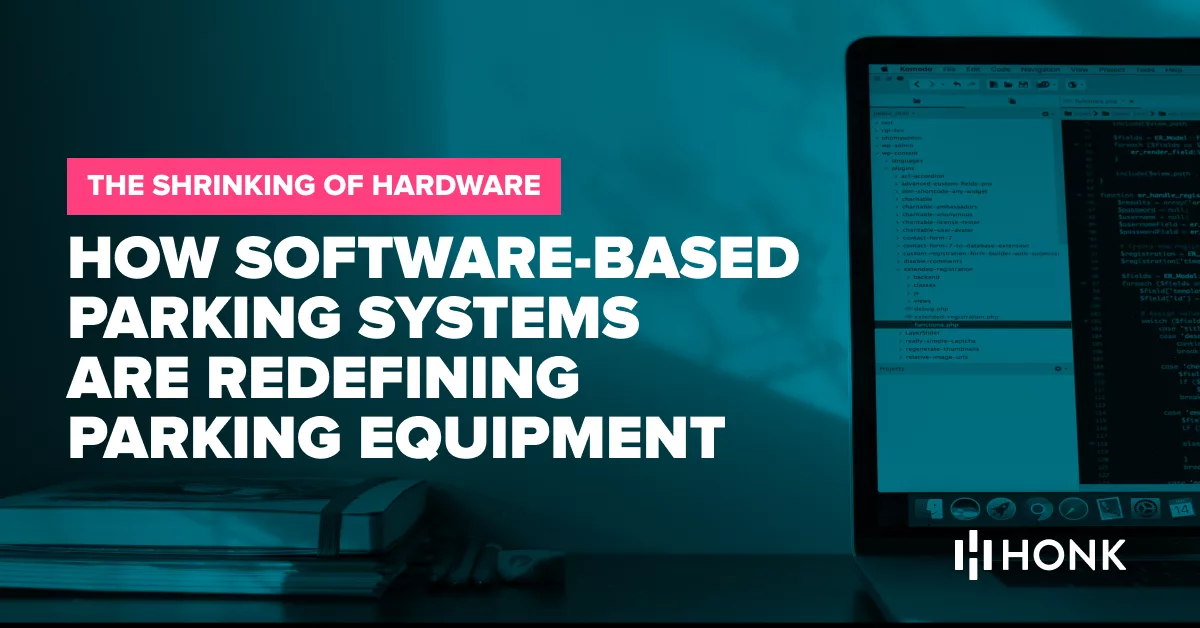How Software-Based Parking is Redefining Parking Equipment

The world of parking is in the midst of a pivotal transformation. Traditional, bulky parking equipment is giving way to sleek, software-based solutions. This evolution is reshaping the landscape of parking management, leading to streamlined operations, cost savings, and improved user experiences. With the rise of digital platforms, the once hardware-centric domain of parking is now embracing a future where software reigns supreme.
The decline of traditional parking equipment.
In the past, parking lots were characterized by the omnipresence of heavy equipment: ticket dispensers, barriers, and pay stations. These elements, while once necessary, are increasingly seen as relics in a digital age. The costs of maintenance, space, and manual oversight they require are becoming unsustainable, particularly in urban areas where space is at a premium and efficiency is non-negotiable.
The ascent of software-based systems.
Software-based parking systems are leading the charge in this new era. These systems leverage the power of cloud computing, the Internet of Things (IoT), and sophisticated algorithms to manage parking operations. They offer numerous advantages over traditional equipment:
- Reduced Physical Footprint: Software systems require minimal on-site equipment, reducing physical clutter and the need for large hardware installations.
- Cost Efficiency: With less hardware to install and maintain, operators can enjoy significant cost savings.
- Scalability: Software systems can easily scale with the growth of a parking operation, a feat that would require additional hardware and space under traditional models.
- Data Integration: Modern software solutions can seamlessly integrate with other digital services, providing a unified approach to parking management.
Enhanced user experience with digital solutions.
Software-based parking systems aren’t just beneficial for operators; they drastically improve the user experience. Mobile apps can handle payments, access control can be managed via license plate recognition, and guidance systems can direct users to available spots, all without the need for traditional equipment.
Adapting to a software-driven reality.
As software continues to usurp hardware’s role in parking management, parking operators must adapt to stay competitive:
- Investing in Software Solutions: Operators are now investing more in digital infrastructure than in physical equipment, ensuring they remain at the forefront of parking technology.
- Training Staff for Digital Operations: With a shift towards software, employees must be trained to handle new systems, focusing on digital oversight rather than physical maintenance.
- Rethinking Parking Spaces: The reduced need for equipment means parking spaces can be reimagined, potentially even repurposed for other uses as the demand for parking shifts.
The future of parking equipment.
The shrinkage of parking equipment in favor of software-based systems represents more than a trend; it’s a response to the changing needs of a connected world. It’s a reflection of the increasing demand for agility, sustainability, and user-centric design in urban infrastructure. As software solutions continue to advance, they promise to deliver a smarter, more efficient, and more adaptable parking industry, leaving bulky, traditional equipment in the rearview mirror.